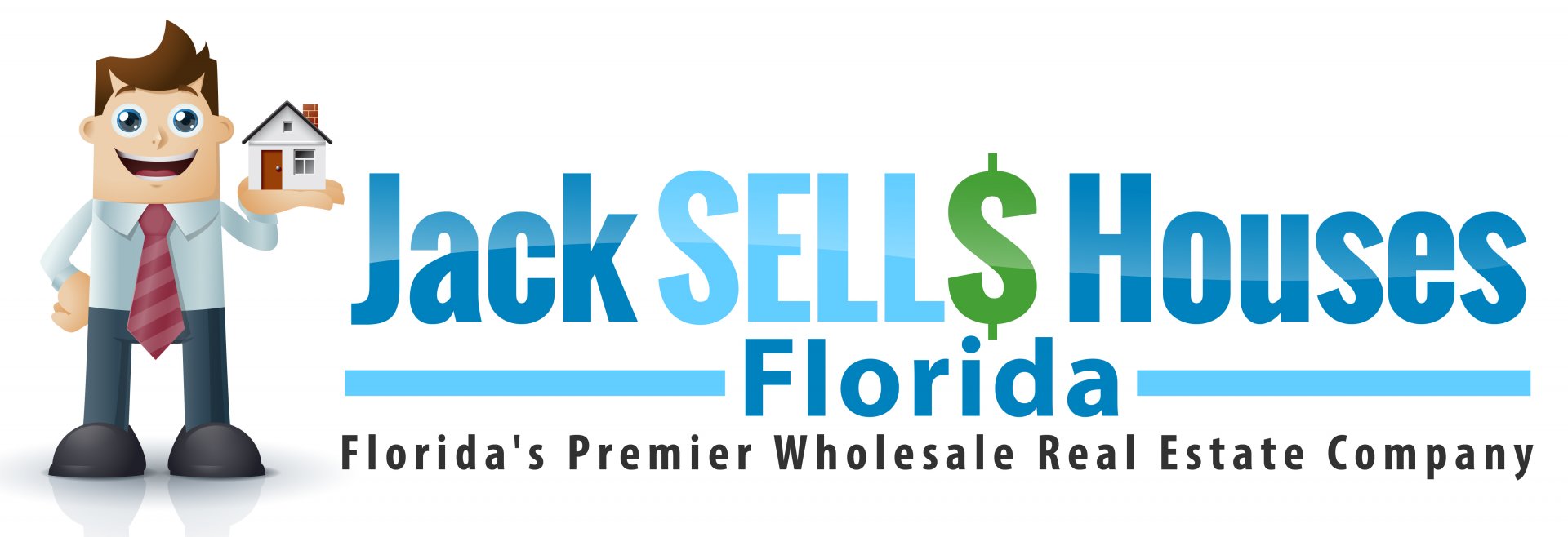Real Estate Matters | Adjust your fix-and-flip model for maximum profitability
My brother and I have six rental houses that are fully paid for with no liens. We started a limited liability company (LLC) and all of the rental properties are in the LLC.
Each property generates about $1,000 per month in rent, or about $6,000 per month, or $72,000 per year. After expenses, we might keep 50 to 60 percent of that (in a good year).
I want to retire from my regular job in six years, when I reach the age of 58. My question is, should I continue to invest in rental property or consider flipping a few properties to purchase more rental units? Would you borrow against a house to get down payment cash?
I hope to have enough capital to purchase three more properties — possibly generating a bit less in revenue — located in other places. Any thoughts would be great. Thanks in advance.
It’s always nice to hear from someone who is making money with real estate and wants to do more.
According to your numbers, you and your brother are clearing about $36,000 per year, or about $18,000 each. That’s nice income and it will continue to be helpful in retirement. But you won’t be able to retire on that alone. Buying more properties will help, especially if you can maintain this level of profitability.
Since you and your brother have clearly mastered a buy-and-hold strategy, we think you should continue with that, rather than trying to do a fix-and-flip. The problem with the fix-and-flip is that you may have to hold the property for at least a year; otherwise, you’ll wind up paying ordinary income on the profits, which will be costly. Even then, under some situations, the fix-and-flip model may result in federal income taxes at ordinary income rates. You also have to tightly manage the budget, find contractors and basically stay on top of everyone (while you’re going to your day job).
Frankly, that sounds exhausting for limited profitability unless you get lucky. And you might.
If that model is the goal, what you might want to consider is taking a baby step in that direction by buying a fixer-upper that needs more of that kind of work, but then renting it out for at least a year so you don’t take such a hard tax hit.
As for finding the capital, interest rates are at, or near, historic lows. We’d definitely consider taking out a home equity loan or a cash-out refinance (even with the extra fees involved) in order to optimize your investment property opportunities. If your current rental properties don’t have enough equity, consider doing a small home equity loan on your primary residence.
Just don’t put yourself in financial jeopardy. If you’re clearing $18,000 on your own each year, consider using that cash as a down payment on a new property. If you do that every year for the next six years, you should have enough income coming in to supplement your Social Security check and any other retirement funds.
Finally, don’t feel as though you need to start investing elsewhere. Unless the opportunity is too good to pass up, there’s an additional cost (in terms of time and possibly money) if you don’t keep all of your rental properties in the same general area. Keeping it easy will also help to keep it affordable.
